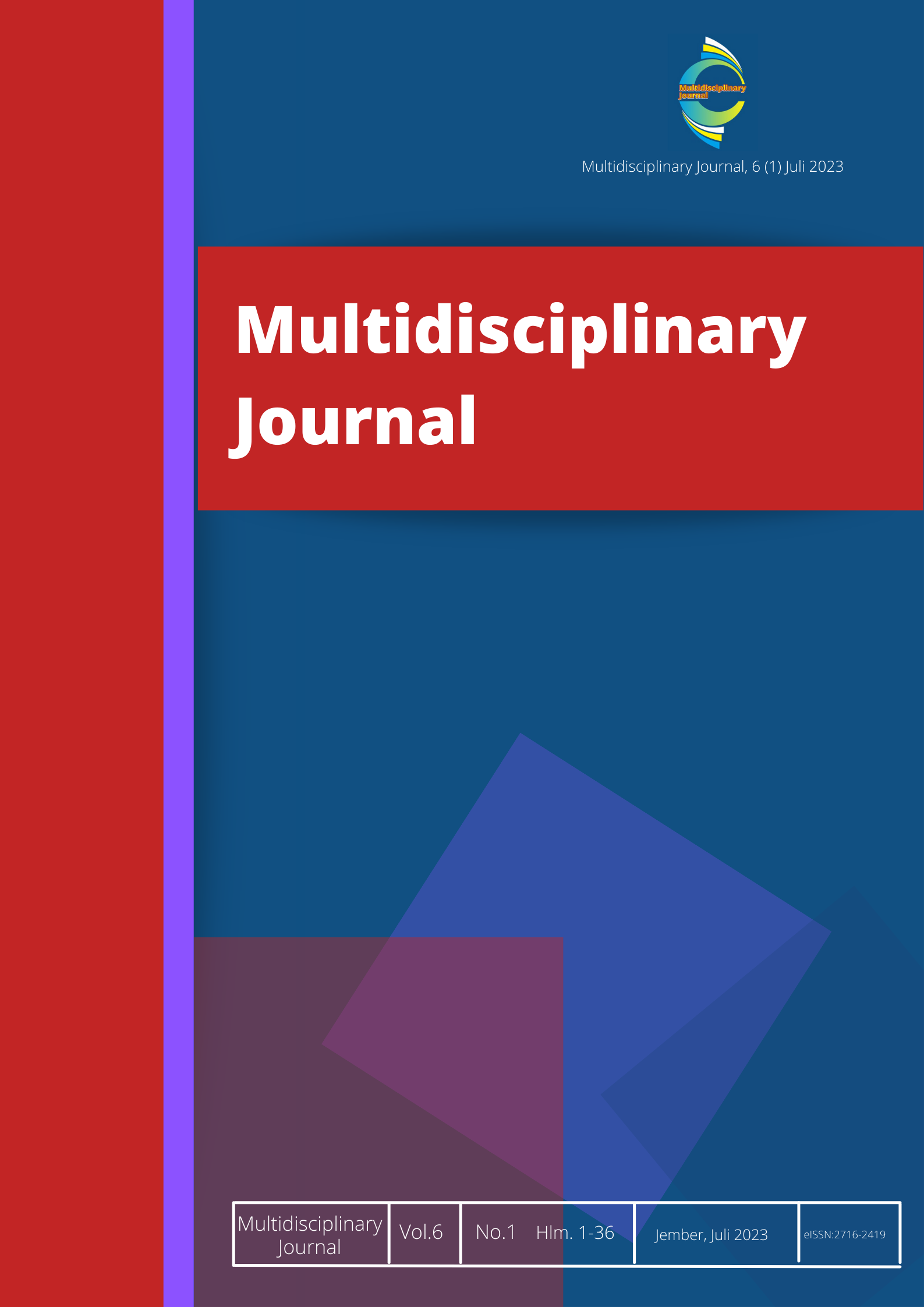PERAN BADAN NARKOTIKA NASIONAL DALAM INTERVENSI BERBASIS MASYARAKAT UNTUK MENGURANGI PENYALAHGUNAAN NARKOBA (Studi Deskriptif Pada Remaja di Desa Pesanggrahan Kota Batu)
Abstract
The problem of drugs has become a global issue and is a problem in many countries. This shows that drug crime has become a transnational and dangerous activity. The condition of drug abuse and illicit trafficking has now penetrated to the rural level, and has even spread to remote villages. With a government program that focuses on the welfare of rural communities and has an impact on improving the village economy, it turns out that the village is a potential market for drug dealers. This study aims to determine the role of the National Narcotics Agency in reducing Drug Abuse through Community-Based Interventions. This research uses descriptive research type and qualitative research approach. Determination of the research location using a purposive area technique. The technique of determining the informants used purposive sampling. Data collection techniques were carried out using observation, interviews, and documentation. Techniques for systematic data analysis are data collection, data reduction, data display, conclusion drawing, and verification. In this study, researchers used the technique of data validity triangulation of sources The results showed that the role of the National Narcotics Agency in Reducing Drug Abusers through Community-Based Interventions included: 1. The National Narcotics Agency played a role in the initial formation of the Community-Based Intervention Program, 2. The National Narcotics Agency played a role in providing assistance to face various obstacles, 3 The National Narcotics Agency plays a role in facilitation, namely providing motivation and support, 4. The National Narcotics Agency plays a role in initial monitoring and final monitoring to record weaknesses and problems encountered, 5. The National Narcotics Agency plays a role in evaluation to find out whether the program or activity is achieving results desired or not as a consideration in making decisions regarding program planning and program implementation.








